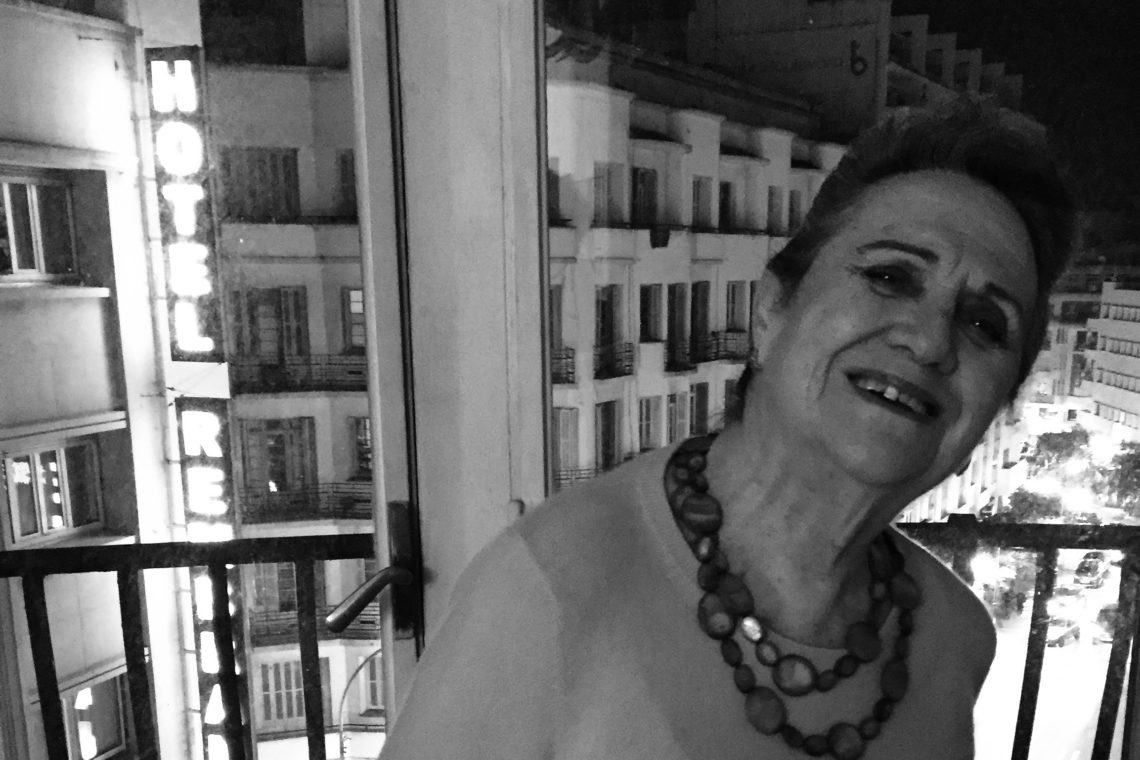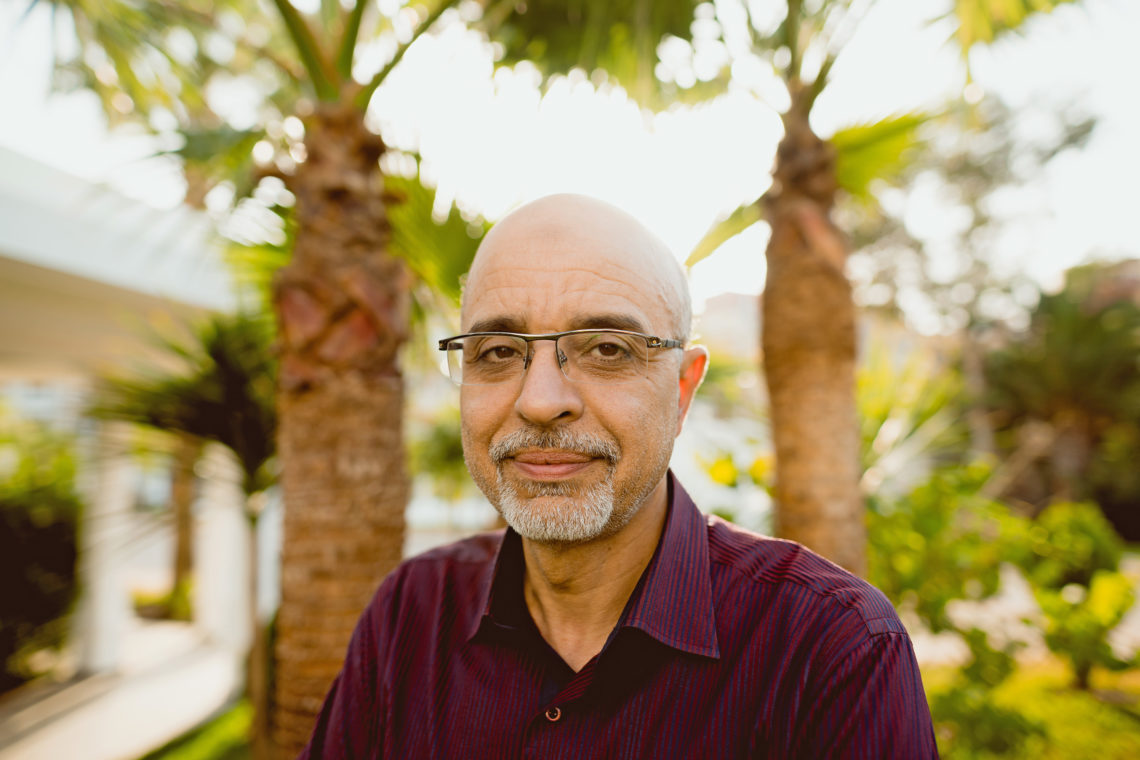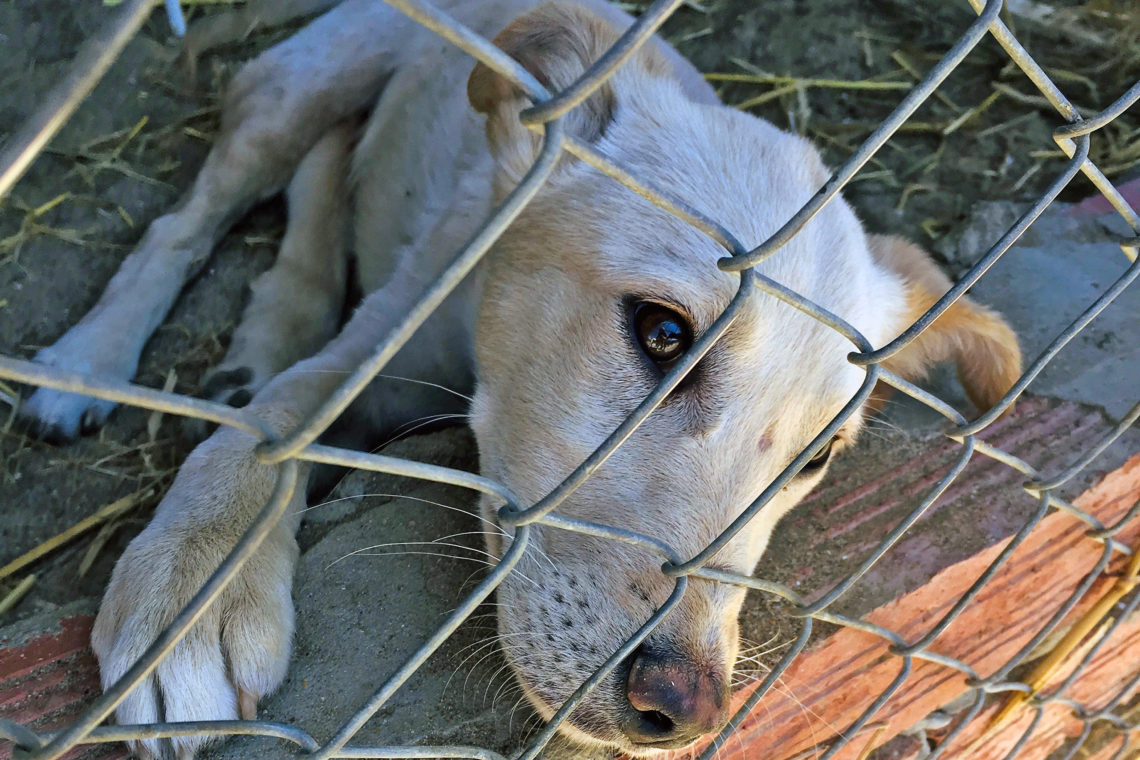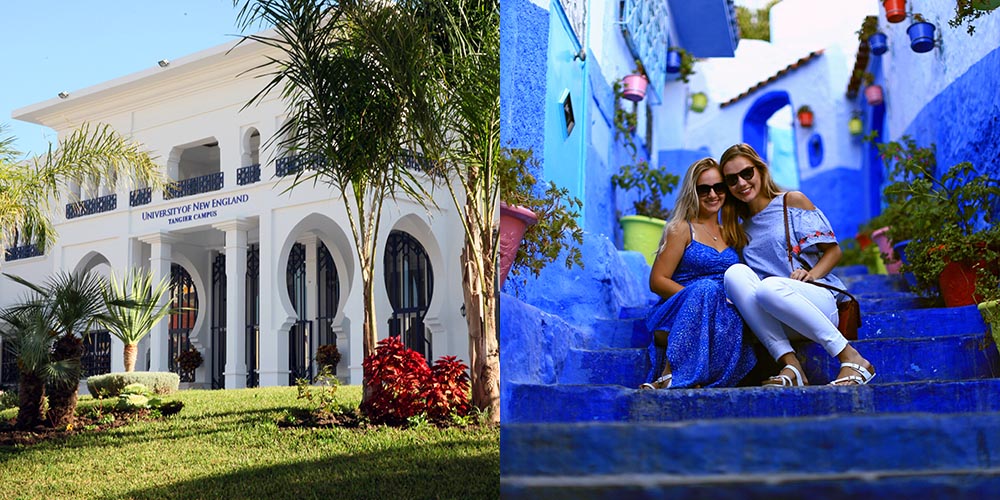Stepping through the glass doors of the clinic where I volunteer each week, I thought about the man I was going to interview. I normally see him standing over an operating table with a blue gown, yellow gloves, a mask, and a scrub cap.
I continue until I reach the hidden door leading to the surgical floor. Descending the gray, spiral stairs, I review the questions I’d prepared. Where did he grow up? How was he raised? Where did he go to school? Where does he get his passion for his work? Can I find that passion myself, or will I quit because the goal is so daunting? I lose my train of thought when I begin to hear voices, some speaking softly, others yelling, and the din of nurses running around the floor.
ER is a busy place.
First things first. I go to the supply closet. I scan the shelves, locate the box of blue disposable scrub caps, grab one, and secure it over my bun. Then, I begin my determined search through the operating rooms. As I bounce from one room to the next, I repress the urge to stop and observe. I can’t be late.
Finally, I see him. He is wearing the familiar blue gown, and his scrub cap is black and adorned with little dog bones. I step into the surgical room and hear the familiar sound of the vitals machine monitoring the patient’s heart rate. Behind me is a cart with sterilized surgical tools and medical supplies, and I glance to the floor, spotted with blood and iodine from previous patients.
Taking my place in the corner of the room, I watch the large screen on the wall, and I know what he is doing: a gallbladder removal. He has begun his cauterization. I can smell it.
Out of all the surgeons that I have seen perform, he stands out because of his personality, demeanor, and most of all, his extraordinary skill. His name is Mohammed Hassan, and he is the medical director at Clinique Assalam.
How does he do it so well every time? I stand there thinking. Does he ever get tired? How did he get to where he is today? Will I ever be this good?
He finally notices me out of the corner of his eye. “Ah, hello,” he says. “How are you today? Once I’m finished, we can chat for a bit.”
“Thank you! But no worries. I’ve got time.”
He turns around and goes right back to his cauterization. I still can’t say how a man with his schedule has time to talk to me.
Not even five minutes have passed, and he throws the surgical tools on the cart. The next thing I know, Dr. Hassan ushers me out of the room and into the small doctors’ lounge, where he tears off his blood-covered gown and gloves. “So, how can I help you?”
I begin by asking him about his family and where he grew up.
He gives me an overview of his life, how he was born in Casablanca and mostly raised by my two older brothers because his parents worked most of the time: his father as a day laborer wherever he could get hired, and his mother at a small factory. His brothers, he said, were the “brutes of the family,” working construction, while his three younger sisters chose creative work. One decided to be an artist, another makes beautiful pottery, and the third makes scarves and rugs. “As for me,” he said, “I had no idea what to do with my life or what I was good at. My brothers and sisters knew, but I had no idea.”
I can hardly believe that such a renowned surgeon came from a working-class family like mine. When I was younger, my mom worked every day from sunup to sundown, and when she got home, she was so exhausted she went straight to bed. I was raised by my sister, and I in turn ended up raising my brother.
“If you had no idea what you’d do in your life,” I ask, now with a little more confidence, “how did you get into medicine? What drove your passion?”
“This is a tough question for me. If I am being honest, the story is still hard to talk about.” He sat forward with his arms on his knees and his hands together with his fingers interlaced.
“Growing up, my best friend was Omar — for ten years we were inseparable. His family was even poorer than mine, and his parents could barely put food on the table every day. Two days after his twelfth birthday, Omar collapsed in his kitchen and hit his head on the counter, knocking him out. His mother rushed him to the closest clinic and, after a hefty bill, the doctors diagnosed him with leukemia. Now I do not know if you know much about leukemia, but he didn’t have much of a chance.”
He shifts again in his seat and continues. “For two years, the did everything they could. Sitting next to Omar’s side, I watched everyone work, run around grabbing this, stabbing that, and I knew what I wanted to do. I was going to become a doctor. Now to answer your question of why I got into medicine, it is because of Omar. The doctors could not help him, they tried but there was nothing more they could do.”
I’ve met many professionals who second-guess their career choice, and so I asked him whether, if he could go back in time, he would still become a surgeon.
“Absolutely,” he said without hesitation. “I could never picture myself doing anything else.”
He begins to shift and checks his watch, “Sorry, our twenty minutes are up, I have another patient coming in two. It is a thyroid removal, care to watch? You might really like this one.”
“Of course, I do.” Stepping back into the surgical room with him, I am reminded that it is because of people like Dr. Hassan that I am determined to become a doctor. I only hope that I can take back to America some of his passion.





Comments are moderated by the editor and may not appear on this discussion until they have been reviewed and deemed appropriate for posting. All information collected is handled in a manner consistent with our privacy policy.